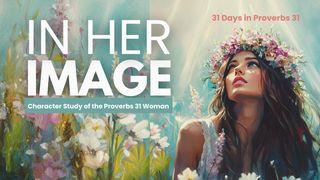The God Who GivesSample

Something Went Wrong
George Buttrick tells the story of a lecturer who spoke to a gathering of businessmen and displayed a large piece of white paper on which was one small black blot. “He asked what they saw. All answered, ‘A blot.’” Of course, Buttrick admitted. “The test was unfair: it invited the wrong answer. Nevertheless,” he pointed out, “there is an ingratitude in human nature by which we notice the black disfigurement and ignore the widespread mercy. We are broken and we live in a broken world. Shalom was the peace of God ruling the world he had created.
So when sin entered the world, shalom was lost. This beautiful Hebrew word (shalom) carries with it the idea of peace, not only as the absence of hostility but as wholeness and harmony. In the shalom of Eden, people were made to live well with one another, with the earth, and under Yahweh. This was an environment for total flourishing in every direction: here God was exalted, creation was enjoyed, and relationships were pleasurable.
Although praise and celebration marked the creation, the fall into sin put a new song into the air. Rachel’s haunting song of weeping for her children echoes the mourning song of creation as it experiences the fall (Jer. 31:15). Laughter has given way to lament.
Before the fall human labor was a blessing, but now it is a burden. Soil grows hard, animals become resistant, bodies move toward decay. Whereas originally everything made was good, now even the best things appear tainted. Nudity represented our primitive parents’ former freedom; with the fall they covered themselves, demonstrating their new awareness of the shame and guilt that stole over them. By rejecting God’s lordship, Adam and Eve began to know a painful vulnerability, the fear of exposure, and the sting of violence. The changes were swift and pronounced: from truth to accusation, from harmony to fracture. Although creation was made in God’s overflowing love, rebellion against the Creator plunged humanity into an ever-growing desire for mastery and a fear of the other.
By taking what God had forbidden (because it was deadly), our first parents changed human nature and the world.
About this Plan

The God Who Gives is a six-day journey that helps readers discover the uniqueness of the gospel — that God's kingdom comes not by taking but by giving. God gives Himself! Kelly M. Kapic shows how the whole Christian story is founded upon the triune God’s self-giving and our belonging to Him. Embracing this truth frees us to truly experience life.
More
We would like to thank HarperCollins for providing this plan. For more information, please visit: http://bit.ly/2wSFcnN
Related Plans
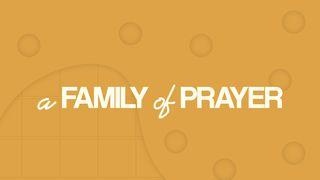
A Family of Prayer

There Is No Law Against These Things

Every Place

The Year of God's Divine Agenda
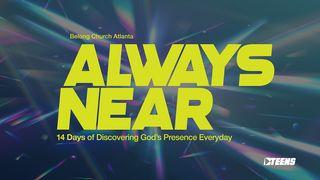
Always Near: 14 Days of Discovering God’s Presence Every Day
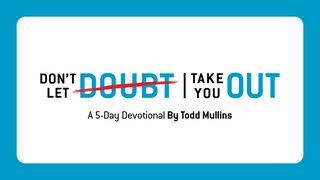
Don't Let Doubt Take You Out
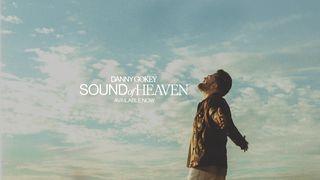
Sound of Heaven: A 6-Day Devotional by Danny Gokey
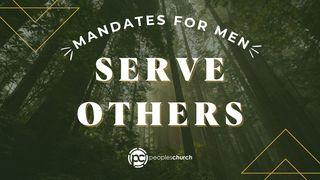
Mandates for Men: Serve Others
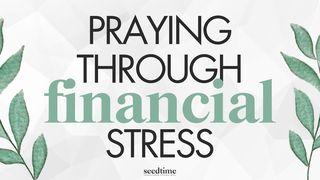
Praying Through Financial Stress
